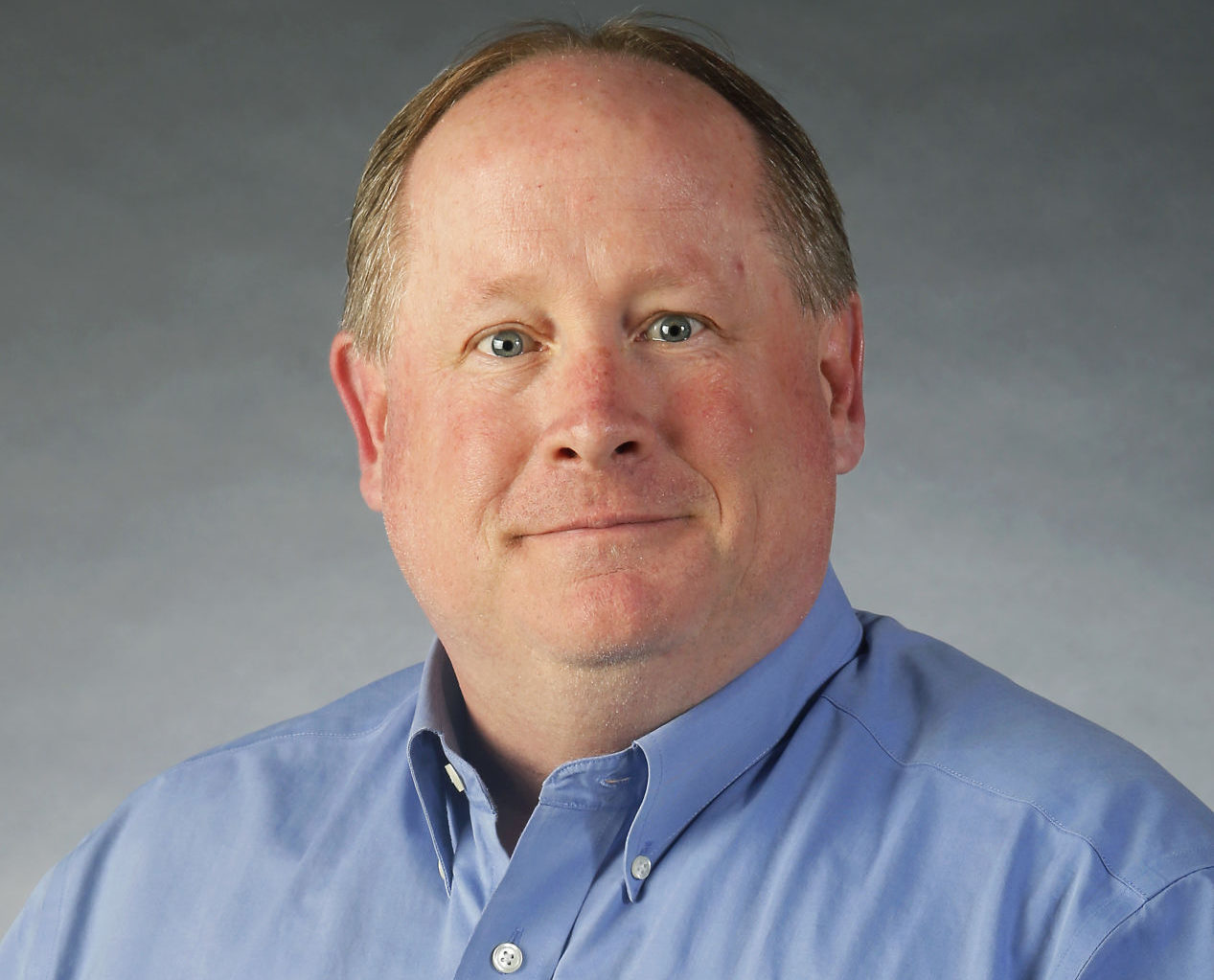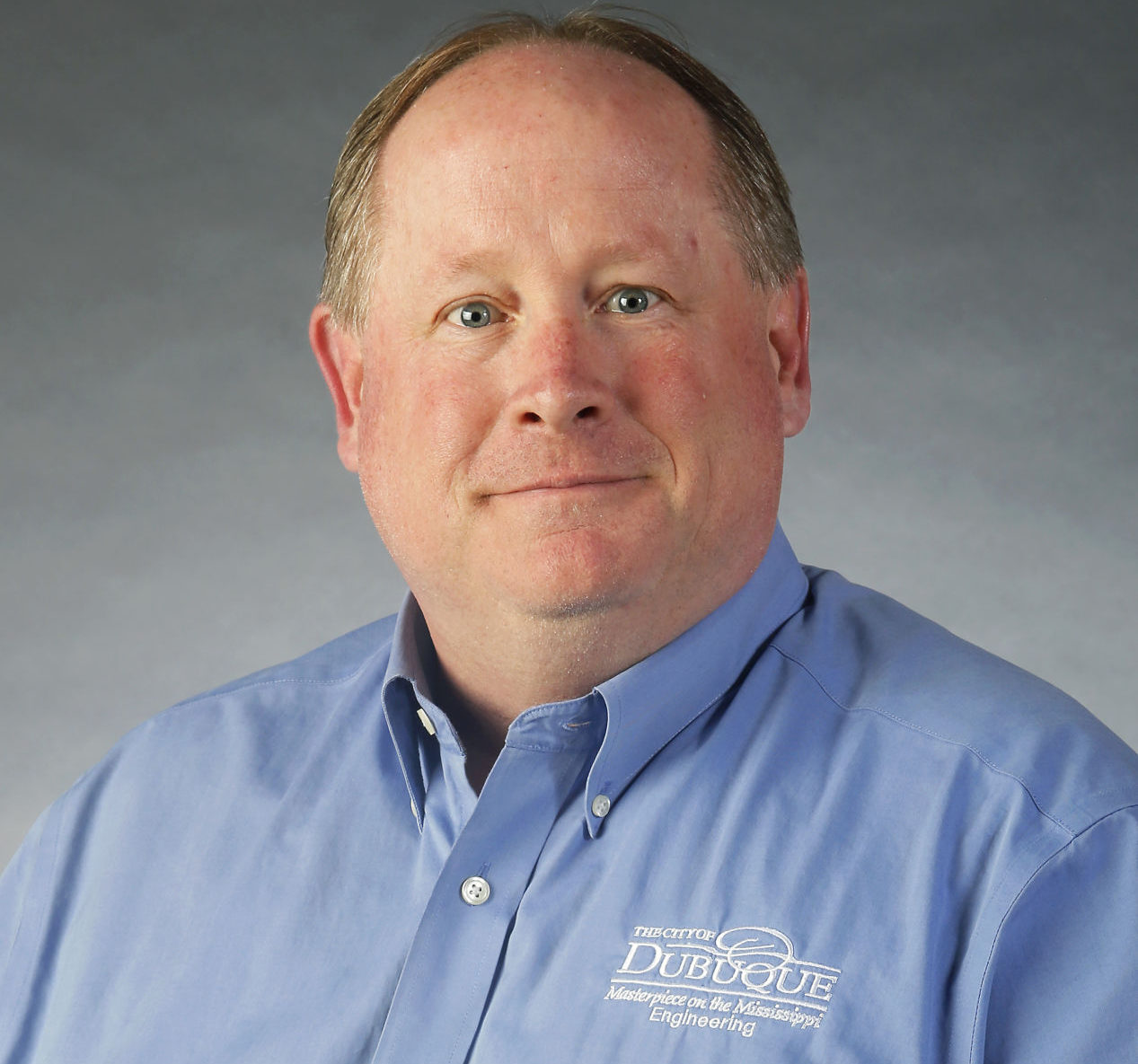Dubuque officials intend to spend millions of dollars on infrastructure projects this construction season, from road reconstruction to water main replacements.
However, higher-than-normal material costs could reduce the planned number of projects that are completed.
“It could have an impact,” said Bob Schiesl, assistant city engineer. “We potentially may have to delay a project here or there if prices come in substantially more than we originally have anticipated.”
City staff members have already outlined the infrastructure repair and improvement projects they intend to tackle during the summer and fall, many of which are street projects that will temporarily impact traffic.
City Engineer Gus Psihoyos said the most substantial project to occur this summer will be the reconstruction of a portion of Chavenelle Road, from the intersection with the Northwest Arterial to Radford Road. Scheduled to begin in August, Psihoyos said the project will see Chavenelle Road reduced to one-way traffic until the project’s completion at the end of the year.
City staff also intend to perform concrete repair and ADA ramp installations on portions of John F. Kennedy Road and Pennsylvania Avenue, expected to begin toward the end of June. During construction, which is anticipated to take about one week, traffic will be mostly reduced to one lane, said Assistant Public Works Director Arielle Swift.
Several smaller streets will also see significant improvements this construction season. Projects include the reconstruction of Stoneman Road and Heeb Street, sanitary sewer replacement at Wood Street and Auburn Street and traffic signal improvements on Jackson Street at the intersection with E. 32nd Street.
Throughout the 2021 construction season, the city also will invest $1.9 million in performing asphalt overlay for about 10 miles of city roadway, along with $2.2 million in water infrastructure projects. Notable among those water infrastructure projects is the planned water main replacement on JFK Road, from its intersection with Forest Glen Court to Daisy Trail, which Psihoyos estimated will take about two to three months to complete and will see the road reduced to one-lane traffic. Work on that project is expected to begin in the fall.
Christopher Lester, water department manager for Dubuque, said the city also plans significant water main replacements in the Orchard Hills neighborhood, and the second phase of the Tamarack Park water main replacement project.
“We’ve had a significant amount of main breaks there,” Lester said, referring to Orchard Hills. “We are collaborating with public works to get the work done this summer.”
Other planned infrastructure projects this year will include the demolition of the ABC Supply Site building on 10 S. Main St., and the installation of traffic signal improvements at the intersections of Asbury and Carter roads and Asbury and Chaney roads.
While city staff intend to complete these infrastructure improvements this year, Schiesl said the impact of the COVID-19 pandemic on material prices could result in costs that exceed initial estimates.
It is currently estimated that certain materials, including lumber and steel, could cost 15% to 20% more than normal. Psihoyos said not all of the city’s planned projects will be impacted by the high cost of materials equally, but some projects could see substantial increases in overall price.
“Concrete prices aren’t as impacted as steel and wood,” Psihoyos said. “Some of these projects won’t be as affected, but some could.”
If several project costs are sufficiently higher, Schiesl said the city would likely need to consider delaying some infrastructure work to the next construction season.
“It’s too early to speculate yet,” Schiesl said.
Schiesl added that several projects have already been delayed by the COVID-19 pandemic as a result of city budgets being frozen last year in response to anticipated declines in revenue.
“We are probably getting a later start on Chavenelle Road than we would typically,” Schiesl said. “We weren’t able to start on them as early as we probably would have.”



